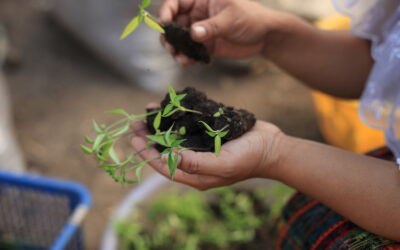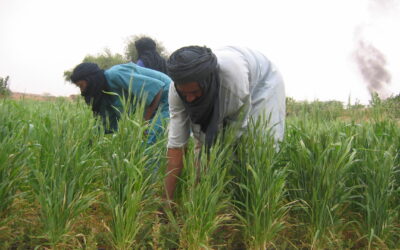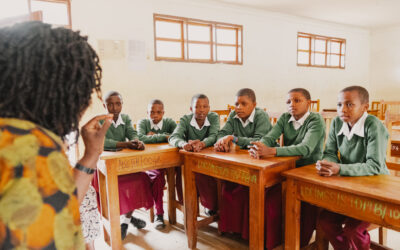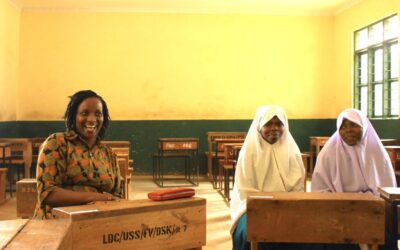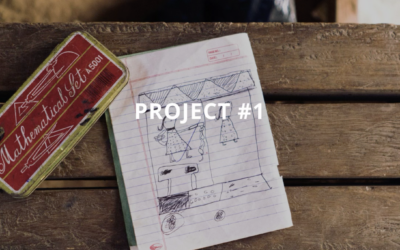How do Identification Cards Empower People in Poverty?
According to the World Bank, roughly 1.7 billion people do not have access to a bank account, almost all of which live in the global south. The most underrepresented groups in the financial world are often women and under-educated individuals as well as the poorest and most rural communities. In other words, those who need access to financial resources the most have frequently been shut out. Why might this be? One of the key explanations is a lack of identification cards.
The World Bank estimates that 1 billion people worldwide face challenges in proving who they are. As a result, they struggle to access basic government services, open bank accounts and even own a mobile phone. These people often also miss out on the opportunity to be formally employed and own their own business. Being invisible to financial services forces these individuals to operate in a cash-only economy. These economies do not offer the credit needed for things like home ownership, education, or basic medical services.
Reasons for lack of IDs
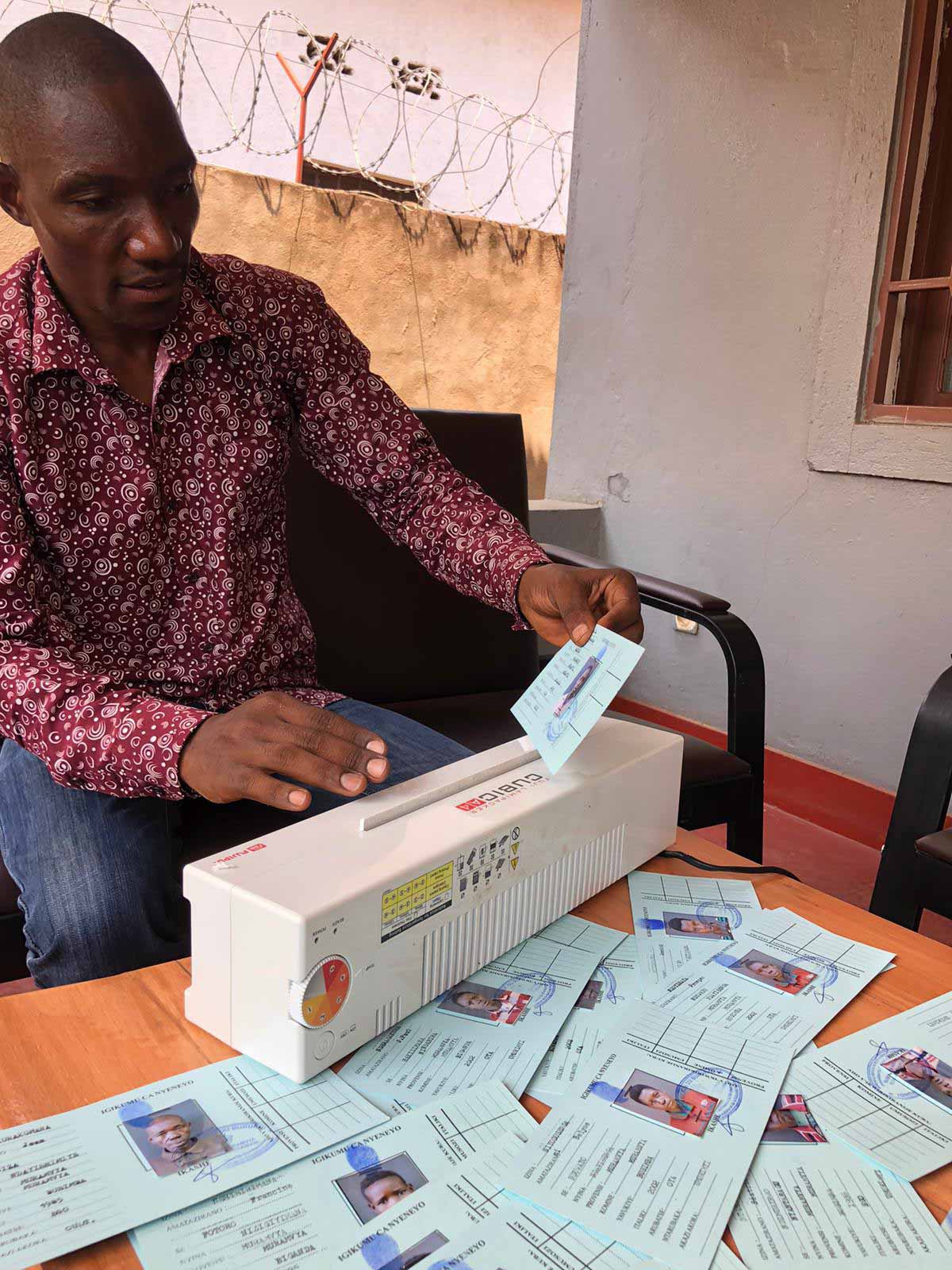
This lack of identification is caused by a number of factors. In many instances, the process for obtaining identification is not automatic, like it is in the United States. Instead of being provided a social security card soon after birth, the ID process for a large number of low income countries is time consuming and might take years to complete.
Governments are often overworked and do not prioritize ID services, resulting in the process taking longer. In some instances, fees for ID processing are too much for people living in poverty. For rural communities, government offices might be too far away to travel on a consistent basis. In addition, societal norms might not permit women from obtaining identifying documents. In extreme cases, certain minority communities are not considered citizens of the specific country and are therefore not issued an ID.
The solution for getting an ID
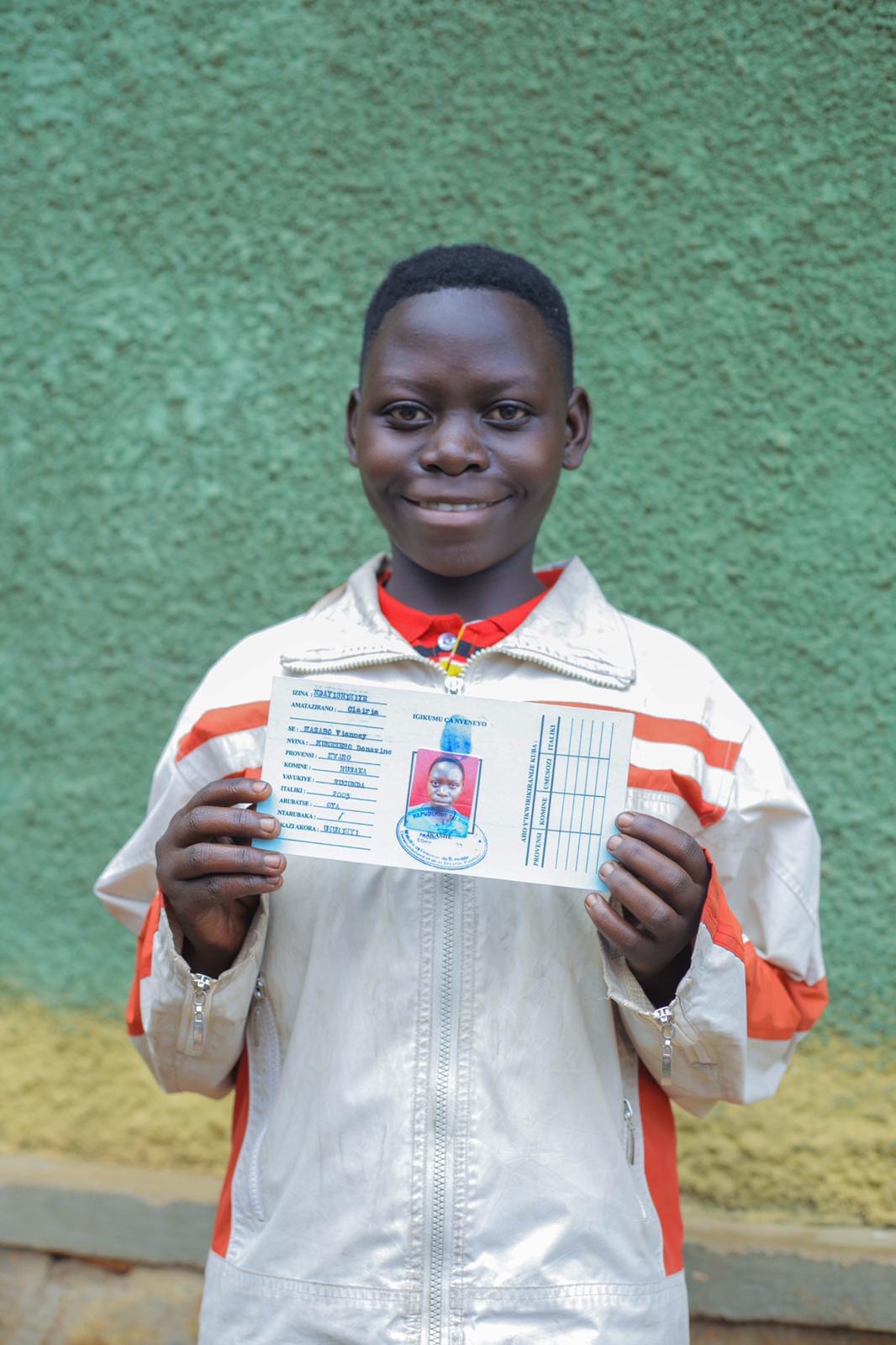
The solution to this problem is relatively straightforward: government programs need to address the inequality in identification. This is desperately needed because no other organization can issue a state ID other than the state itself. It is crucial that governments in low and middle-income countries recognize a need for these people to be identified. The good news is that governments are beginning to recognize the seriousness of this problem and are taking steps to address it.
In 2018, ID4Africa brought together 1,600 delegates from 47 African countries and the private sector to discuss steps to close the identification gap. Following this meeting, the governments of Togo, Benin, Burkina Faso, and Niger announced a regional identification program aimed at providing ID cards and government services to vulnerable communities. As programs like this grow in popularity, the economic possibilities for nearly 14% of the global population significantly increase.
The benefits of obtaining an ID
When distributed to all, ID cards are able to provide a foundation for future economic success. An ID is a government’s recognition of a person’s status as a citizen. It entitles them to government services and programs, allows them to participate in the formal economy and have access to bank accounts and other financial resources.
By securing this basic recognition that so many of us take for granted, marginalized groups such as women, rural communities, and indigenous groups are able to take ownership over their economic choices. In short, identification means stability and an increase in the opportunities for economic achievement.
In 2019, One Day’s Wages partnered with African Road to help provide identification documents to the Batwa ethnic group in Burundi (pictured throughout). Through our partnership, African Road was able to provide national IDs, marriage licenses and/or birth certificates to 1,183 people. The project concluded with a celebration of births and marriages, including wedding ceremonies, for those who did not have the proper identification before. We believe that economic empowerment is a vital part of our mission to alleviate global poverty and we welcome the opportunity to work with partners around the globe to do just that.
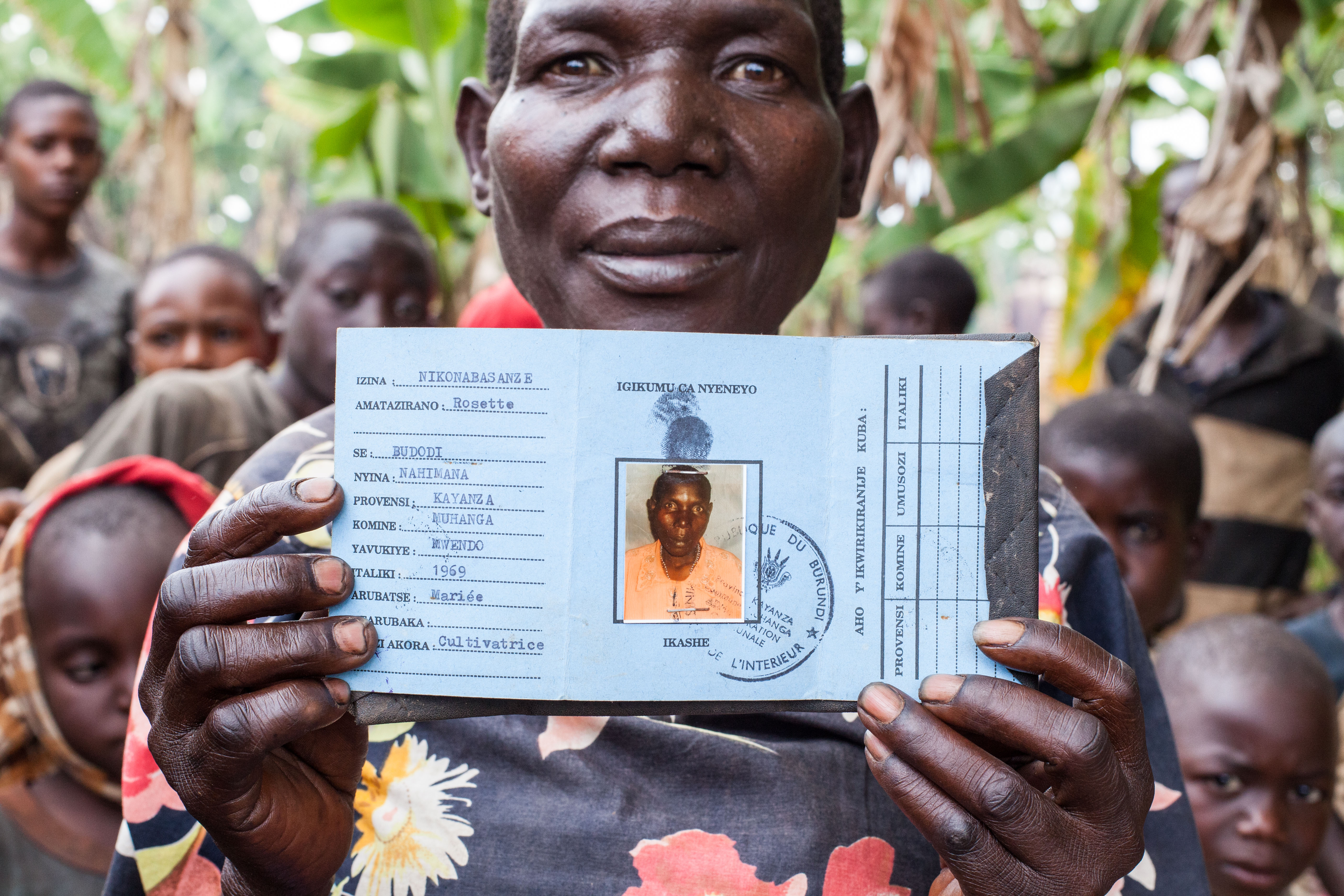
More stories of impact
Climate & Poverty: How Do We Respond?
The mission of One Day’s Wages is to alleviate extreme poverty. While we can truly celebrate all the progress that has been made over the years, there is a looming threat to that progress: climate change. The World Bank estimates that another 100 million people could...
It’s Time We Rethink Orphan Care
Orphanages are often serving as a stopgap for families who are struggling in poverty. In Uganda, Harriet lives with her two daughters but struggles to provide for them. With no choice but to leave her abusive husband, Harriet did not have the means to provide food,...
Global Hunger: Toward an Integrated Response
The world has made a lot of progress toward reducing global hunger over the last century. Still, around 735 million people experienced hunger in 2022, and the numbers grew over the last few years due to conflict, climate change and COVID (FAO 2023). To work toward...
Tanzania Trip Reflection
Hello everyone! My name is Micah and I am the Operations and Projects Coordinator here at One Day's Wages. After getting the chance to go on a partner visit with my colleague Daphne, One Day's Wages' Grants Director, to Tanzania, I wanted to share my highlights and...
Investing in Education: An Interview with Theopista Seuya
Theopista Seuya is the Asante Africa Foundation Country Director for Tanzania. She holds a Master’s Degree in Education Policy and International Development from the University of Bristol, and previously served as a teacher, head of school, and university lecturer. ...
Celebrating 300 Grants!
One Day’s Wages began in 2009 with one small grant: $5,000 to help 200 displaced Burmese students attend school. This August, we reached the significant milestone of awarding our 300th grant! This most recent grant will build the capacity of 225 midwives to...
One Day's Wages is a grassroots movement of people, stories, and actions to alleviate extreme global poverty
©2022 One Day's Wages is a registered 501(c)(3) organization | Tax ID #26-2566653 | Privacy policy | Terms of use
P.O. BOX 17575 Seattle, WA 98127 | Contact us

